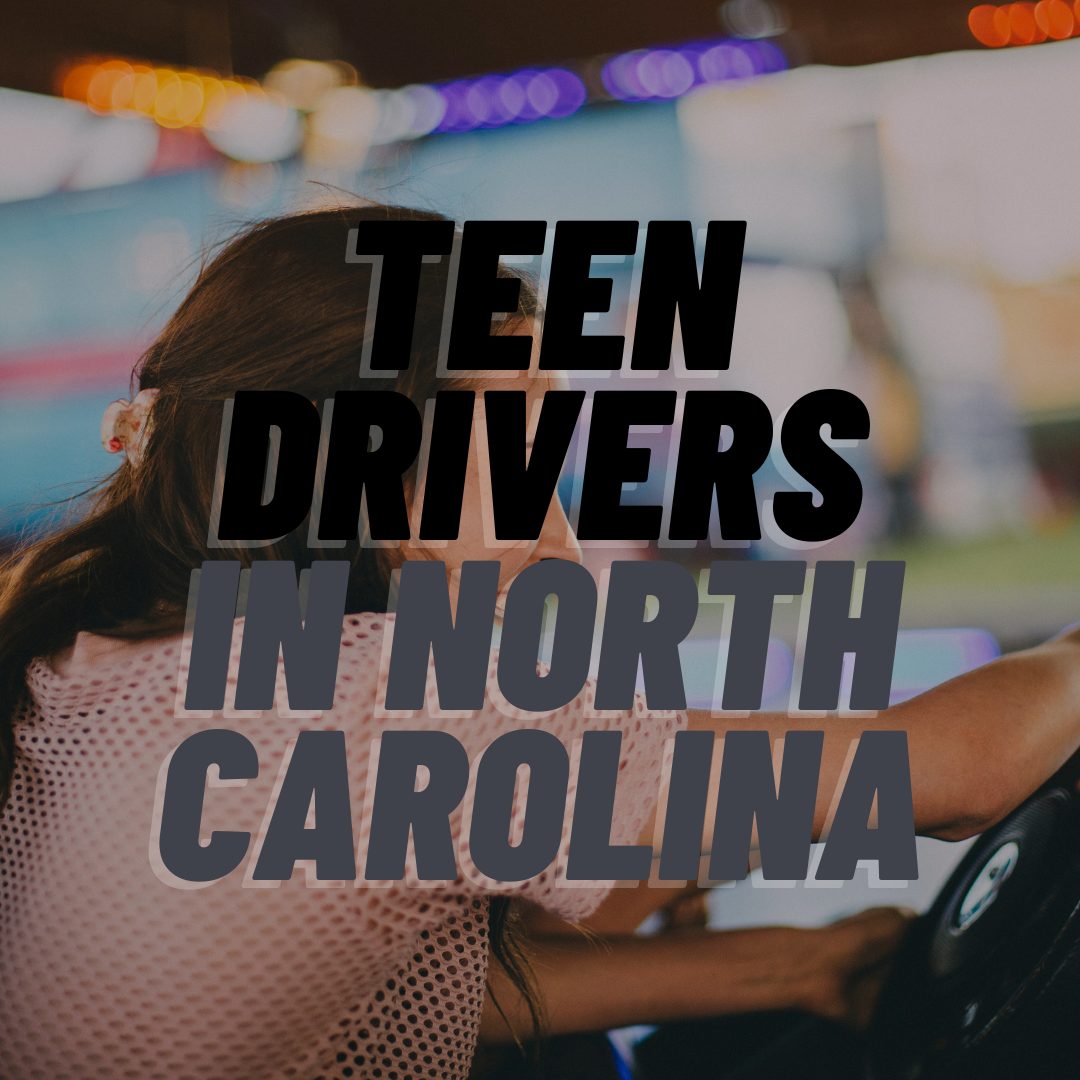
There’s an undeniable sense of liberation and exhilaration when a teenager finally holds their driver’s license for the first time. It’s akin to tasting the first drop of independence, a gateway to limitless adventures and unexplored destinations. Yet, in the scenic state of North Carolina, the roads echo both sweet freedom and cautionary tales, especially for novice teen drivers.
Teen Drivers: Juggling High Risks and High Hopes
When youth meets the road, the combination can sometimes be volatile. Data from the CDC throws light on an unsettling truth: drivers aged between 16 and 19 are almost three times more likely to be involved in a fatal crash than their counterparts aged 20 and above. Inexperience coupled with a propensity for risk-taking conspires to make our teens more accident-prone.
The vibrant streets of Charlotte and the serpentine mountain roads of the Appalachians provide North Carolina’s young drivers with a diverse, yet challenging, training ground. It’s akin to learning to swim by diving headfirst into both a serene lake and a turbulent ocean.
Safeguarding Our Teens: The Shield of Graduated Driver Licensing
To buffer the stark realities of teen driving, North Carolina has adopted the Graduated Driver Licensing (GDL) system. Like a thoughtful guardian, it carefully ushers our teens from the safe confines of a learner’s permit to a provisional license before granting them full licensure.
While curfews and passenger restrictions might appear as freedom-clipping hurdles on a teenager’s racetrack, these GDL stipulations subtly mold their driving behavior, minimizing distractions and risky situations.
When Crashes Collide with Law: Navigating Legal Hurdles
Accidents refuse to discriminate between experienced drivers and novices. If your teen becomes entangled in an accident’s chaos, the legal implications can seem as intimidating as a labyrinth. North Carolina’s contributory negligence law muddies the water further, stipulating that even a smidgeon of fault could potentially hinder a person from receiving compensation.
That’s where a trusted guide like a car accident lawyer can be instrumental. Based right here in Charlotte, they can shine a light through the legal fog, helping determine culpability and safeguarding your family’s rights.
Reducing Financial Burdens: Insurance Strategies for Your Teen
Car insurance for your teen driver might give your wallet a jolt due to their high-risk designation. However, relief is within reach. Like a reward for academic diligence, many insurance providers extend ‘good student’ discounts for those who maintain commendable grades. Additionally, a state-approved driver education course can open the door to lower insurance premiums.
A Heartfelt Appeal: Inculcating Safe Driving Habits
Our best weapon to combat the vulnerabilities of teen drivers lies in nurturing safety-focused driving habits. From strapping on seatbelts to religiously adhering to speed limits and renouncing the allure of cell phone distractions, these practices form the bedrock of responsible driving.
We, as parents, are the first and the most effective driving instructors. Our actions are the lessons that imprint deeply on our teen’s driving behavior.
Guiding Our Teens: Enlisting Expert Help
The path that teen drivers in North Carolina tread can seem strewn with thorns, but they don’t have to journey alone. Seasoned car accident lawyers like Christopher Layton from The Layton Law Firm stand ready to guide them and their families if accidents strike. Contact us at 704-749-7747.
To conclude, as the inviting horizon beckons our teen drivers, let’s equip them with the armor of education, the shield of experience, and the compass of legal guidance. This potent trio will enable them to chart their driving journey with responsibility and maturity.

